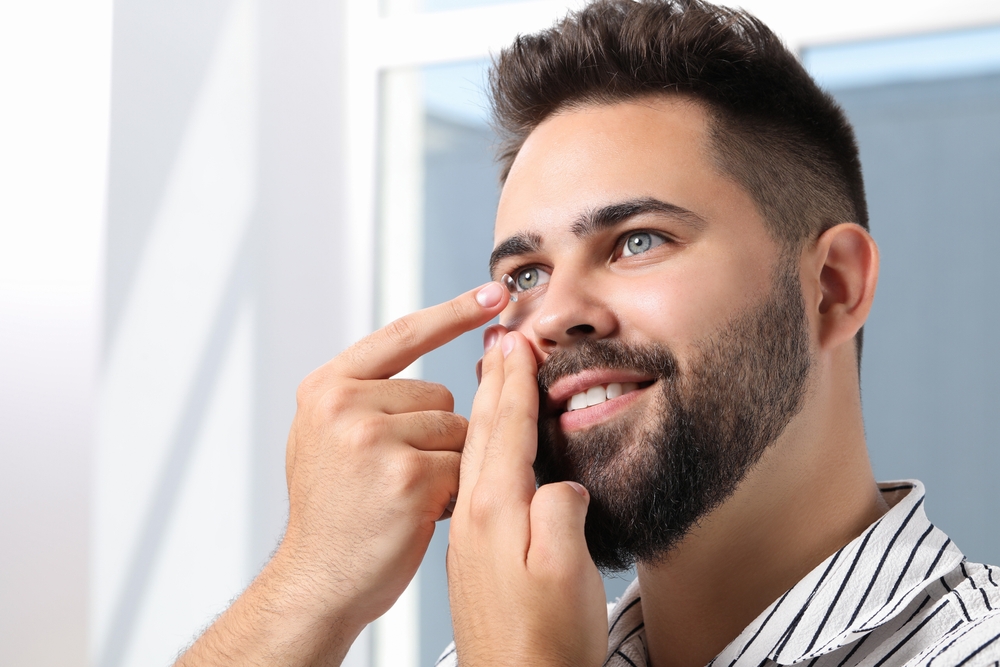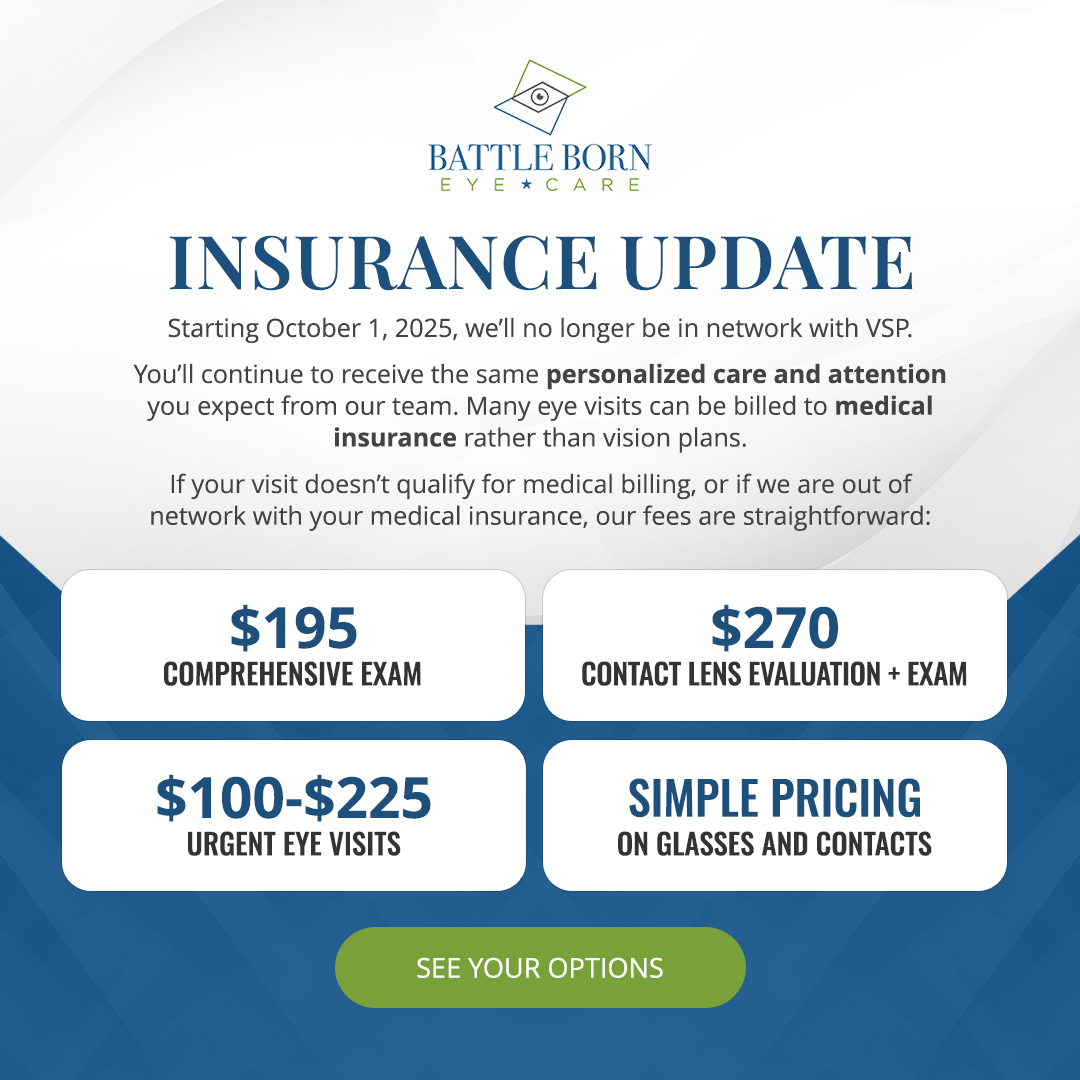
Have you been wearing eyeglasses for years and are thinking of switching to contacts? You may have just discovered that you have a refractive error and need corrective lenses. Whatever the reason, switching to contact lenses means you are joining millions of people who have chosen convenience.
Before deciding to wear contacts, you should talk to an eye care professional to know what to expect. If you are switching to contact lenses, ask your optometrist these questions first.
Are Contact Lenses Right for You?
Contact lenses are a popular method for correcting vision problems. However, you should know that some patients are considered poor candidates for contact lenses. They experience discomfort and soon give up on contact lenses. Ask your eye doctor whether this correction option is right for you. An eye exam will help determine whether you can benefit from contact lenses.
How Often Will You Wear the Lenses?
Before choosing contact lenses, ask the eye doctor how often you need to wear the lenses. Do you want them for daily wear or just for special occasions? Find out if you can wear contacts alongside your eyeglasses. It will help determine the best lenses for you. There are different types of contact lenses, and you can find some for daily wear or long-term use.
What Type of Contact Lenses Do You Need?
With the lens options available, you can find out the best ones for you. It is essential if you have an eye condition. Find out if you are a good candidate for conventional lenses or if you require specialized lenses. A contact lens exam will help determine your suitability. It may take time to adjust if you choose rigid gas-permeable lenses.
How Should You Care for the Lenses?
Taking care of your contact lenses ensures visual acuity and good eye health. Ask your optometrist how to care for the lenses. It will depend on the type of lenses that you choose. Daily disposable contacts will not require daily cleaning and proper storage. Lenses you wear multiple times require daily cleaning and disinfecting using the right products.
Do You Need a New Prescription for the Lenses?
Before switching from eyeglasses to contact lenses, you will need a new prescription. You cannot use your current eyeglass prescription for contacts. Contact lens prescriptions have additional information, such as the cornea size and shape. A contact lens exam involves taking eye measurements to ensure that the lenses fit precisely over the cornea.
Can You Wear Contacts Overnight?
Ask the eye doctor whether you can wear your contact lenses overnight. Unless you get orthokeratology lenses, you should remove your lenses before bed. Continuous wear of lenses can have serious side effects. However, advancements in lens technology have led to the development of daily disposable lenses that can be worn for 24 hours.
There are other questions that you should ask your optometrist. These include whether you can wear colored contacts and whether you need bifocal contacts. If you suffer from dry eye syndrome or eye allergies, find out if contact lenses are right for you. Consider the issue of cost when you decide to make the switch.
For more about contact lenses, visit Battle Born Eye Care at our Reno, Nevada office. Call (775) 360-6446 to schedule an appointment today.











